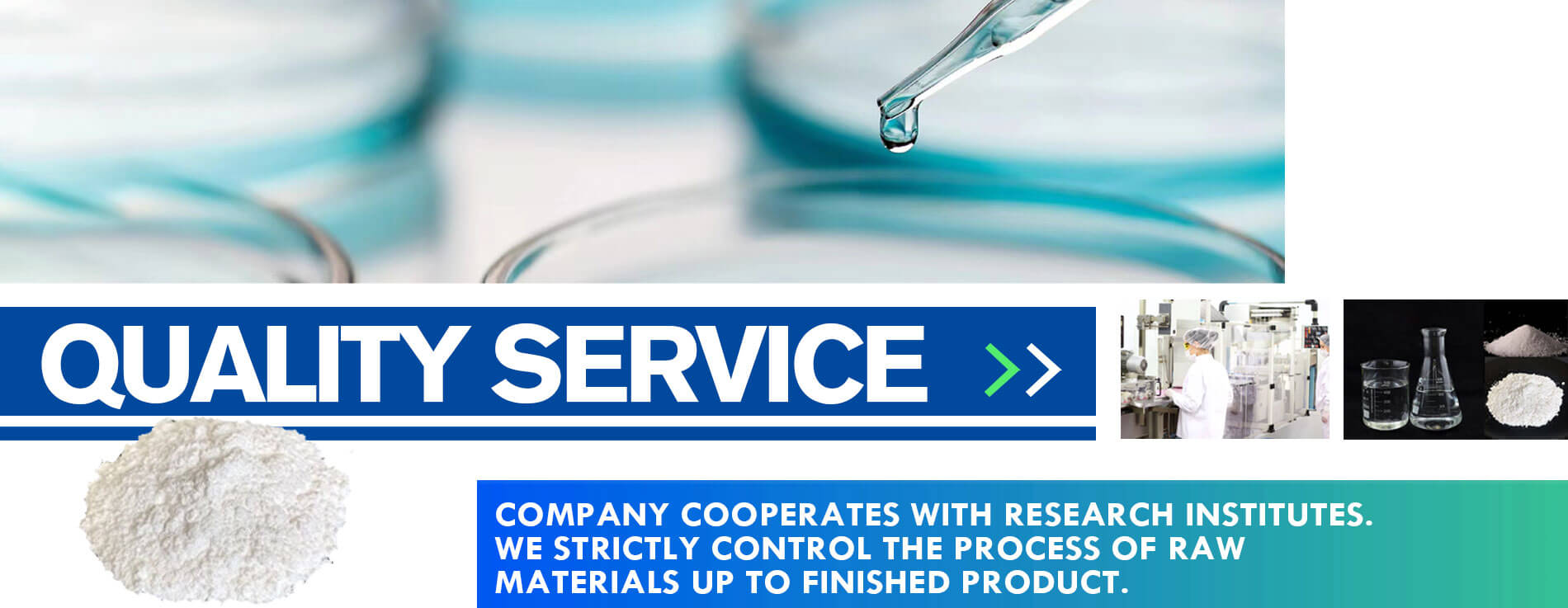As a leading Monomethyl Sebacate(MMS) supplier, we deliver high-quality products across diverse grades to meet evolving needs, empowering global customers with safe, efficient, and compliant chemical solutions.
What are the main uses of Monomethyl Sebacate (MMS)?
Monomethyl Sebacate (MMS, monomethyl sebacate) has a wide range of uses. In the field of chemical industry, it is often used as a raw material for synthetic materials. It can be used to prepare special polyesters, which have unique physical and chemical properties. In coatings, adhesives and other industries, it can make products better adhesion, flexibility and durability.
In the field of medicine, MMS is also useful. It can be used as a component of drug carrier to assist in the delivery and controlled release of drugs. Due to its specific chemical structure, it may improve the solubility and stability of drugs, help drugs better reach their targets and enhance their efficacy.
In addition, in the fragrance industry, MMS can participate in the formulation of special fragrances. Its chemical properties can endow fragrances with special aroma levels and fragrance characteristics, making fragrances more unique and attractive, and used in perfumes, cosmetics and other products to improve their quality.
In addition, when studying new materials and processes, MMS is often used as an important research object due to its unique chemical properties. Researchers use it to explore new reaction paths and material performance improvement directions to promote materials science. In short, MMS is of great value in many fields such as chemical industry, medicine, fragrances and scientific research, and has a wide range of uses and great significance.
What are the physicochemical properties of Monomethyl Sebacate (MMS)
Monomethyl Sebacate (MMS, monomethyl sebacate) has various physical and chemical properties. Its shape is a colorless to light yellow transparent liquid with a clear appearance. In terms of solubility, it can be soluble in common organic solvents, such as ethanol, ether, etc., but it is difficult to dissolve in water. This is due to the lipophilicity of its molecular structure.
When it comes to boiling point, it is about a high temperature. Due to the influence of intermolecular forces, van der Waals forces and hydrogen bonds, it requires more energy to overcome molecular binding and boil. Its melting point is relatively low, indicating that the state of the solid state has a limited degree of time-division order and low lattice energy.
MMS has a slightly lower density than water, so it floats on water. Its chemical properties, due to the ester group, can occur hydrolysis reaction, under acidic or alkaline conditions, ester bonds are broken to form sebacic acid and methanol. In alkaline environments, hydrolysis is more complete. At the same time, because it contains active hydrogen atoms, it can participate in some substitution reactions, interact with nucleophiles, and cause molecular structure changes. These physical and chemical properties are widely used in chemical engineering, materials and other fields and have far-reaching impact.
What are the precautions in the production process of Monomethyl Sebacate (MMS)
In the production of monomethyl sebacate (MMS), there are several issues that should be carefully paid attention to.
First, the selection and preparation of materials must be cautious. The raw materials used must be of good texture and pure without impurities, and their purity and quality are directly related to the output quality of MMS. If the raw materials contain too many impurities, or the reaction may be biased and the product is impure, which will affect its subsequent application.
Second, the control of the reaction conditions is crucial. Temperature is an item that needs to be precisely controlled. If it is too high or too low, the reaction can be disordered. If the temperature is too high, or side reactions are triggered, impurities will increase; if the temperature is too low, the reaction will be slow or even stagnant. The pressure should not be ignored. The appropriate pressure can ensure the smooth progress of the reaction, so that the reactants can be fully contacted and the reaction is complete.
Third, the monitoring of the reaction process is indispensable. With appropriate analytical methods, real-time insight into the reaction process can be used to know the consumption of reactants and the generation of products. Once an abnormality is detected, the strategy can be adjusted in time to ensure that the reaction moves along the expected path.
Fourth, safety protection should not be taken lightly. Many reagents used in production may be toxic and corrosive, and safety procedures must be strictly followed during operation. Appropriate protective equipment, such as protective clothing, gloves, goggles, etc. At the same time, the workshop ventilation facilities must also be complete to discharge harmful gases in time to ensure the safety of the working environment.
Fifth, the maintenance and cleaning of equipment is also a priority. After production, the equipment should be cleaned in time to prevent material residue from corroding the equipment. Regular maintenance of equipment to ensure stable performance, so as to maintain efficient and stable production and produce high-quality MMS products.
What is the market price of Monomethyl Sebacate (MMS)?
The market price of methyl sebacate (MMS) varies due to factors such as time and place, supply and demand, and it is difficult to know for sure. In the past market, its price often fluctuated with the cost of raw materials, the difficulty of the process and the market demand. If the raw materials are easy to obtain, the process is simple, and the demand is strong, the price may be stable and decline; on the contrary, if the raw materials are thin, the process is complex, and the demand is weak, the price will rise.
Looking at the past few years, its price per kilogram may hover between tens of yuan and 100 yuan. However, in recent years, the chemical industry has a lot of variables, new technologies and policy changes, resulting in increased price fluctuations. For example, if a new large factory is put into operation in a certain place, the production capacity is increased, the supply is sufficient, and the price may drop; if environmental protection is stricter, the production is limited,
In addition, its application field is wide, and it is needed in the chemical industry, medicine, materials and other industries. The demand in different fields is different, which also affects the price. The chemical industry has a large demand and is price-sensitive; the pharmaceutical industry has high quality requirements, and the price may be slightly higher.
In short, if you want to know the current market price of methyl sebacate, you need to carefully observe the chemical market dynamics, consult the merchants in the industry, and refer to professional information to get a more accurate price.
What are the storage conditions for Monomethyl Sebacate (MMS)?
Methyl sebacate mono-ester (MMS) is an organic compound. Its storage conditions are of paramount importance, which is related to the quality and stability of this substance.
MMS should be stored in a cool and dry place. A cool environment can protect this compound from heat, and will not cause chemical reactions due to excessive temperature, causing it to decompose or deteriorate. If placed in a warm place, the molecular activity will be enhanced, or the structure will be changed, which will damage its inherent properties.
A dry environment is also indispensable. MMS may react with water or hydrolysis. The presence of water can provide a reaction medium, causing chemical bonds to break and recombine, resulting in impure products and affecting their application. Therefore, avoiding water and moisture is a priority for storage.
Furthermore, it should be placed in a well-ventilated place. The ventilation is smooth, which can disperse the volatile substances that may escape and prevent them from accumulating to form a flammable and explosive atmosphere. And ventilation can maintain the fresh air in the storage space and reduce the influence of environmental factors on MMS.
At the same time, the storage place should be kept away from fire sources and oxidants. MMS is flammable to a certain extent, and it is dangerous in case of fire; and oxidants can react violently with MMS, causing safety risks. Store in a closed container to prevent it from contacting external substances and keep its chemical properties stable. And the container should be resistant to corrosion, do not react with MMS, and avoid mixing with the container material to contaminate this compound. Therefore, according to this storage condition, the quality of the MMS can be guaranteed for subsequent use.





